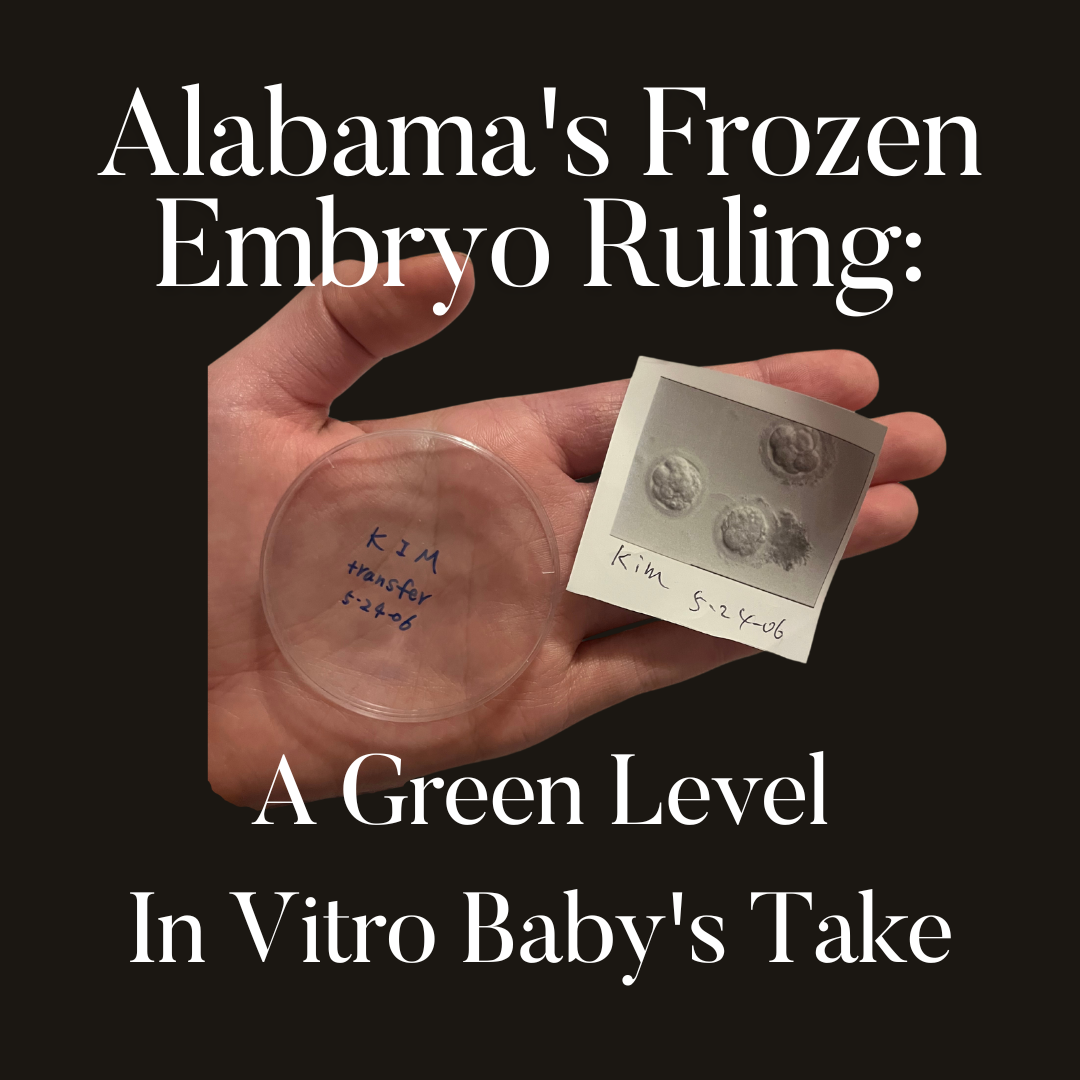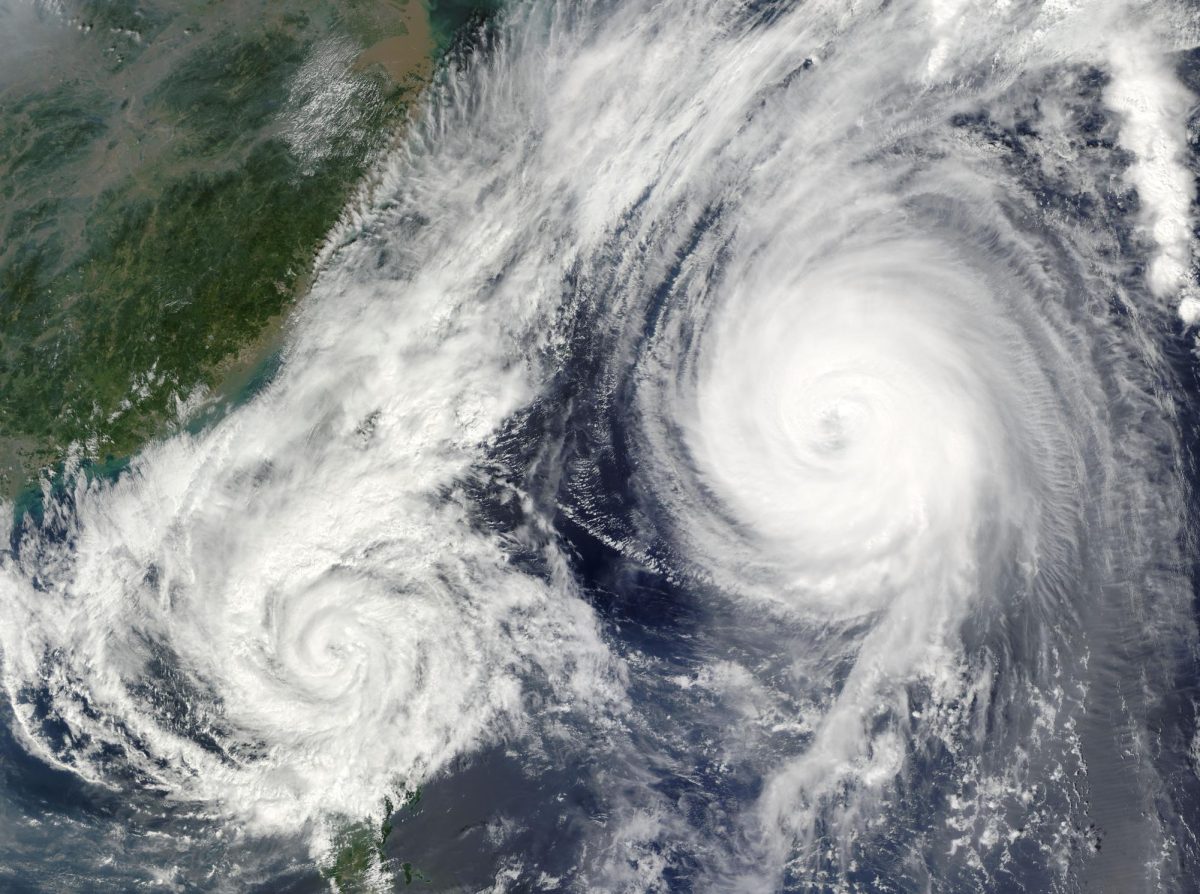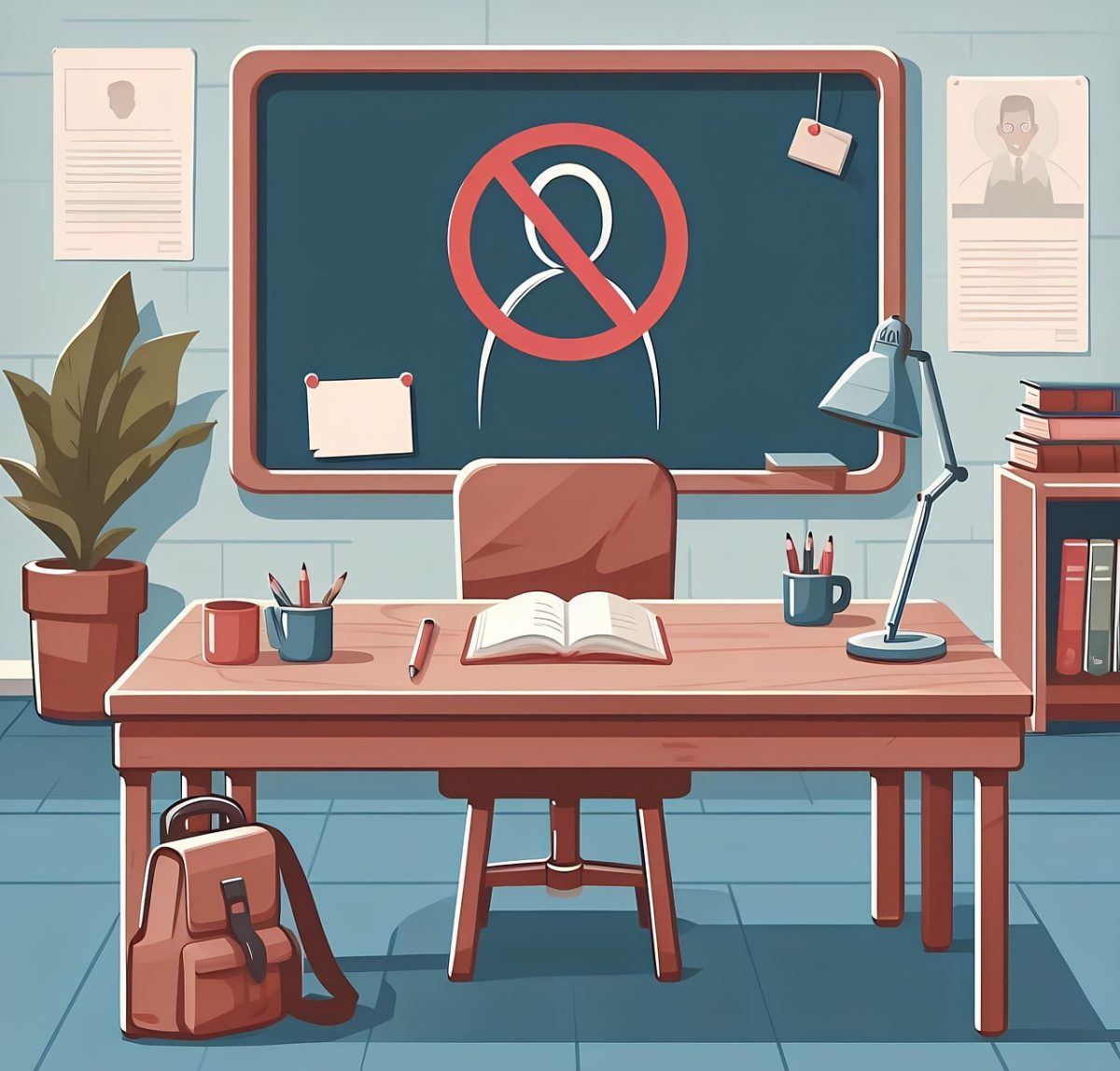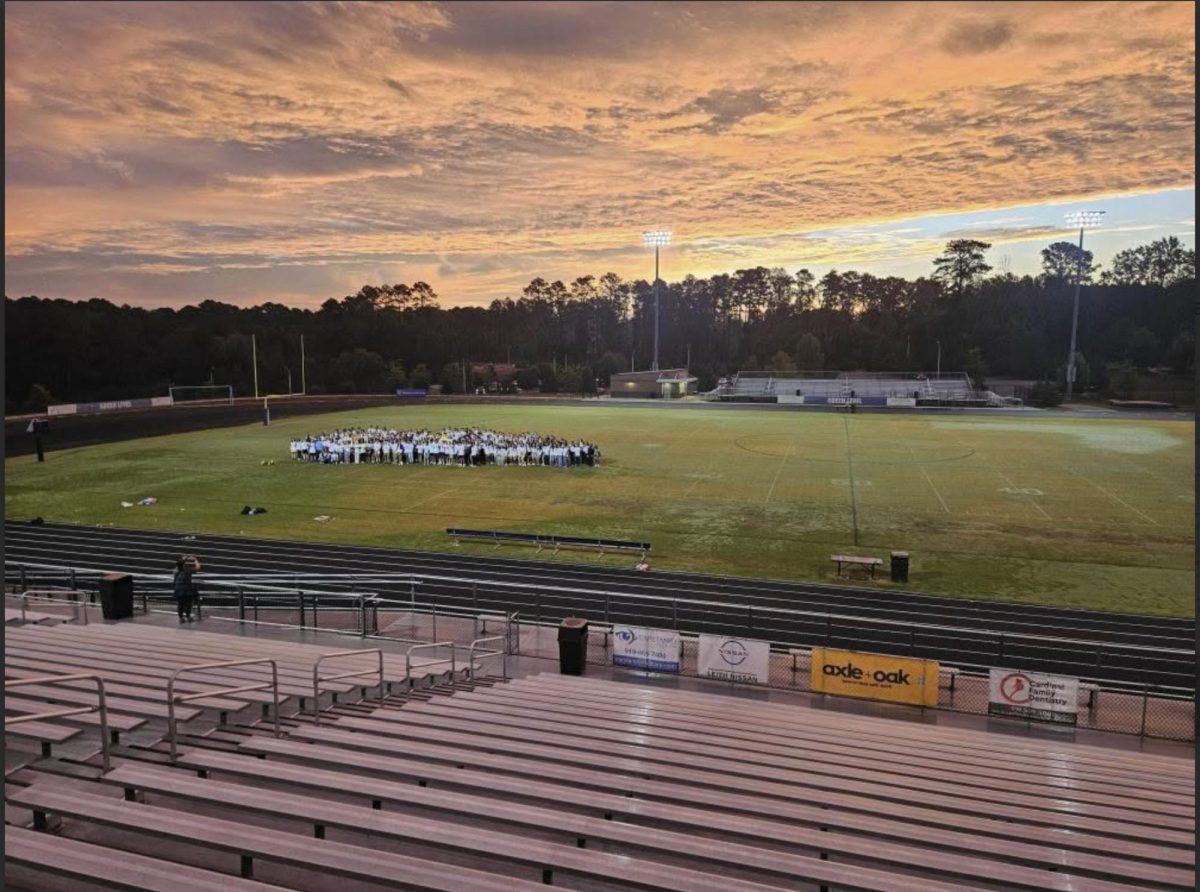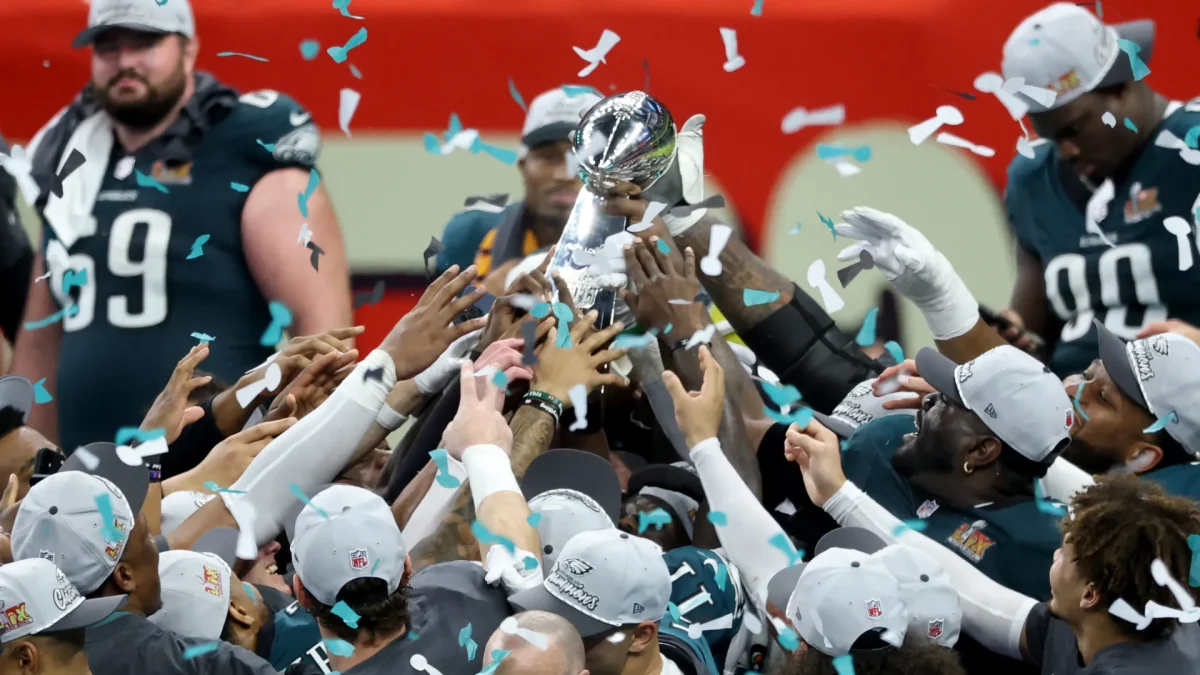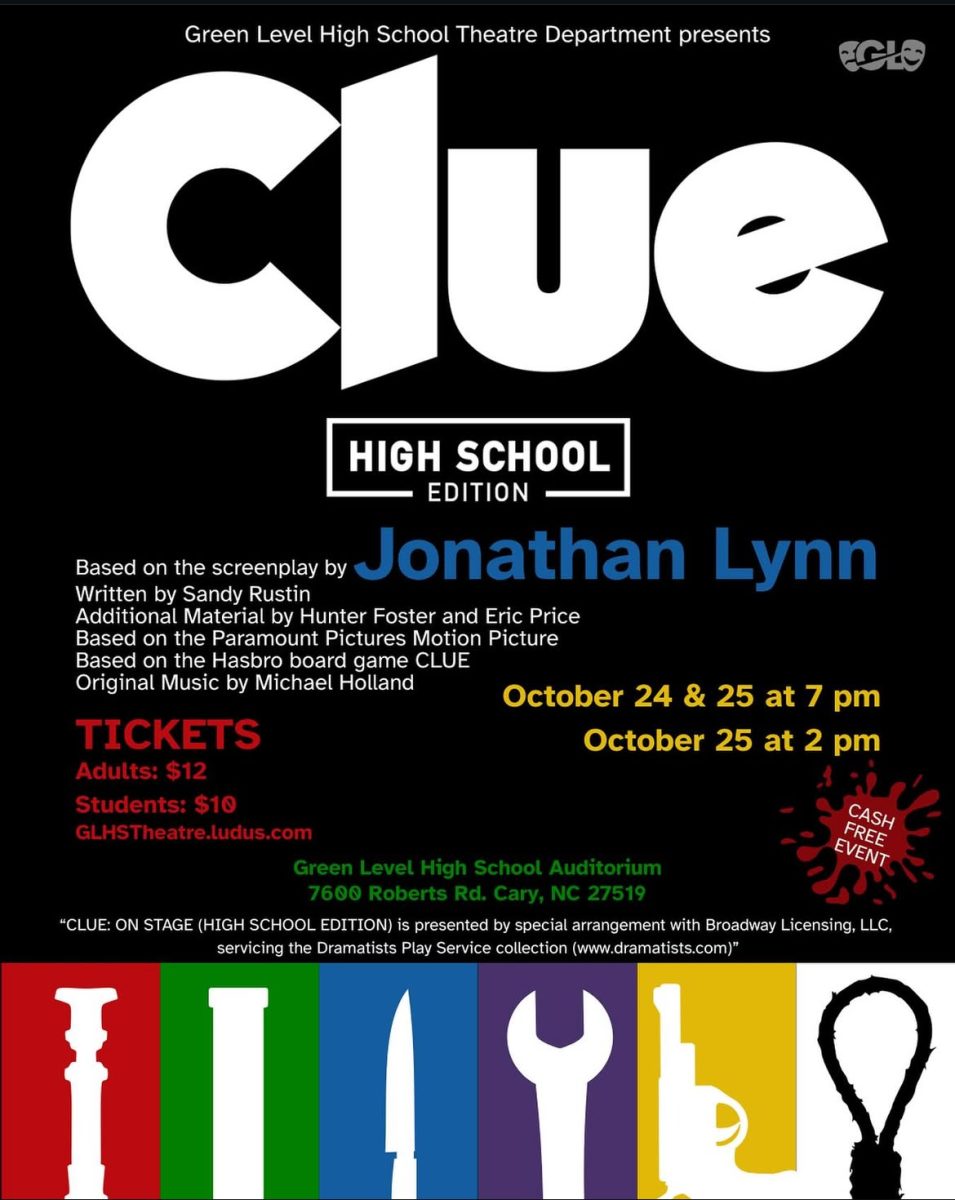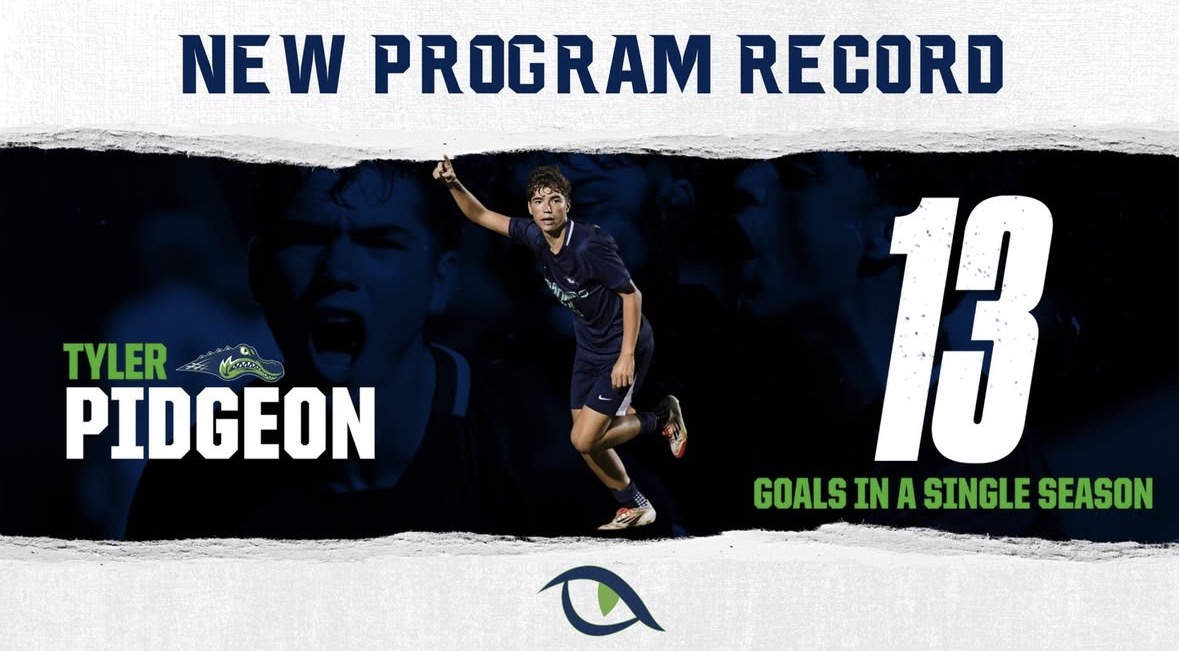The Alabama Supreme Court has ruled that frozen embryos are children, putting many legal and moral considerations into question for Alabama citizens, and in turn, the citizens of our country at large who utilize in vitro fertilization to have children. Courts that make such decisions fail to take into account the stories of real people, privacy rights, and biological and scientific facts they aren’t qualified to judge.
Alabama’s decision holds that frozen embryos are human life, and therefore those who destroy them can be held legally responsible for their destruction, or “murder.” The matter of whether keeping your embryos frozen for extended periods could qualify as “child abuse” is also at issue.
When exactly human life begins is once again being debated and codified into law by those unqualified to make such determinations. This controversy is becoming eerily similar to the past and present discourse surrounding abortion, elevated to an all-time high by the SCOTUS’s overturning of Roe v. Wade in 2022. Both the frozen embryo and abortion issues’ fates have been ripped from the hands of medical professionals and their patients, and put into the hands of courts and politicians who are dead set on violating the privacy rights of citizens.
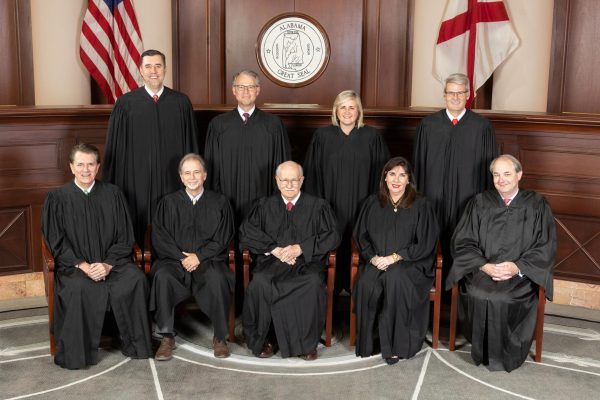
Credit: Alabama Judicial System
Many Alabamians who have frozen embryos are taking action in fear of what this ruling could mean. According to CNN, “While some lawmakers work to safeguard IVF, clinics in the state have shut down services and patients…are scrambling to ship their frozen embryos to other states.”
What should be personal business between these patients and their doctors has become the business of the state, and once again, politicians and justices of another red state are attempting to force their own religious beliefs into our government, one that from its inception was meant to be separate from the Church. This ruling effectively changed frozen embryos from property to children, and the complications that ensue can be extremely damaging.
To gain some firsthand insight into the ruling’s implications, I spoke to Lucy Kim, a junior here at Green Level who was conceived through in vitro fertilization. Her parents decided to do IVF after having their first child, her sister, because her mother had become infertile.
“I feel like people don’t realize that IVF isn’t an immediate thing that people jump to when they realize they can’t have kids,” mentioned Lucy. “First, they tried medication, then artificial insemination, and then IVF was really the last resort before adoption. My parents had literally gotten adoption pamphlets because they wanted a kid so bad.”
Lucy explained that IVF really helped her parents because her mom’s dream was always to have two kids, and that realizing she might not have that option was really hard for her. She outlined how fulfilling her mom being able to give birth to her was for her family.
The Alabama Supreme Court seems to contend that those freezing their embryos are taking the process lightly and disregarding the potential these zygotes have to become full human beings, but Lucy wanted to emphasize that the IVF process wasn’t willy-nilly by any metric. “It was not easy for my parents. The process required a lot of time and money. My mom had buckets of shots she had to give herself, and it was especially hard to do this while she had a job and was taking care of her first kid. It’s a very aggressive treatment, especially the surgery for egg retrieval,” she said.
Lucy talked about how ultimately she sees the harmful reverberations of the Alabama ruling. She is upset that it’s giving people the impression that IVF isn’t a serious commitment and that it causes a lack of life when all embryos aren’t viable or used. She further refutes these misconceptions through detailing the extensive legal process her parents had to undergo concerning what would happen to the embryos if they passed away, were divorced, or if they were willing to donate the ones they didn’t use.
Lucy, as an in vitro baby herself, believes that embryos are not children, and that therefore any complications of the in vitro fertilization process do not lead to the loss of life. “80% of them don’t even live to become children. You don’t just fertilize an egg and it’s suddenly a child. It needs to grow, and a lot of them don’t survive to develop past being embryos.”
In lieu of the Alabama Supreme Court’s ruling on frozen embryos, Lucy thinks that North Carolina, the state in which her parents went through the IVF process, could possibly follow suit. “Even though we live in Wake County in our liberal bubble, we’re still living in a red state,” she said. She explains that despite us being surrounded by more progressive stances on reproductive rights, we need to remember that the majority opinion of our state tends to lean the opposite way.
It’s indeed reasonable to think that laws could be passed or rulings could be made that put IVF in jeopardy for the citizens of our own state. While Alabama is definitely a darker shade of red than North Carolina, it’s still true that if their state can do it, so can ours.
“My mom kinda knew there would be a ruling like this,” Lucy remarked. “In my mom’s mind though, IVF’s not murder because most of the embryos don’t live anyways. She froze five extra ones, and none of them even made it through the freezing process. It’s stupid to make rulings to protect these embryos when most of the time they don’t even survive to become humans.”
The hilarity of Alabama’s ruling has infiltrated pop culture, with Saturday Night Live doing a skit where Marcello Hernandez acted as a personified frozen embryo. “I guess I have to ask, like, as an embryo, do you feel like you’re a full human life?” fellow cast member Colin Jost questioned. “Does this look like a life to you, Colin? I’m living at -200 degrees in liquid nitrogen, freezing my nonexistent nipples off. I don’t got a brain. I don’t got a heart,” responded Hernandez.

Credit: SNL
Lucy finds these kinds of jokes funny and appreciates them highlighting the ridiculous nature of Alabama’s ruling. “I saw another skit of someone stealing a bunch of embryos and putting them on their tax forms to get write-offs, saying ‘I adopted them,’” she commented.
While these skits and jokes do truly put the ruling’s implications into perspective, another scenario that I’ve seen used often in abortion debates still rings true, and I feel it’s important to mention in the midst of the current embryo debate. The scenario begs the question: If you were in a burning building, and could either save 100 embryos or one baby, which would you save? Most people, even those attempting to legally define embryos as children, would choose the latter. That’s because there is a morally and biologically recognized difference between an embryo and a human life.
Overall, Lucy thinks it’s important to remember all of the people that IVF has been such a blessing for. “I don’t think the people making these rulings understand the desperation a woman can have to get pregnant, and taking away a way they could have children isn’t right. It’s important to offer that for women who want to have kids,” she noted.
In vitro fertilization should not be the domain of biased lawmakers and court justices. It’s not abuse or neglect to freeze an embryo, and it’s not murder to dispose of them when they’re no longer needed. If someone who was once one of these frozen embryos agrees, it’s uncertain who exactly these Alabamian justices think they’re saving.





